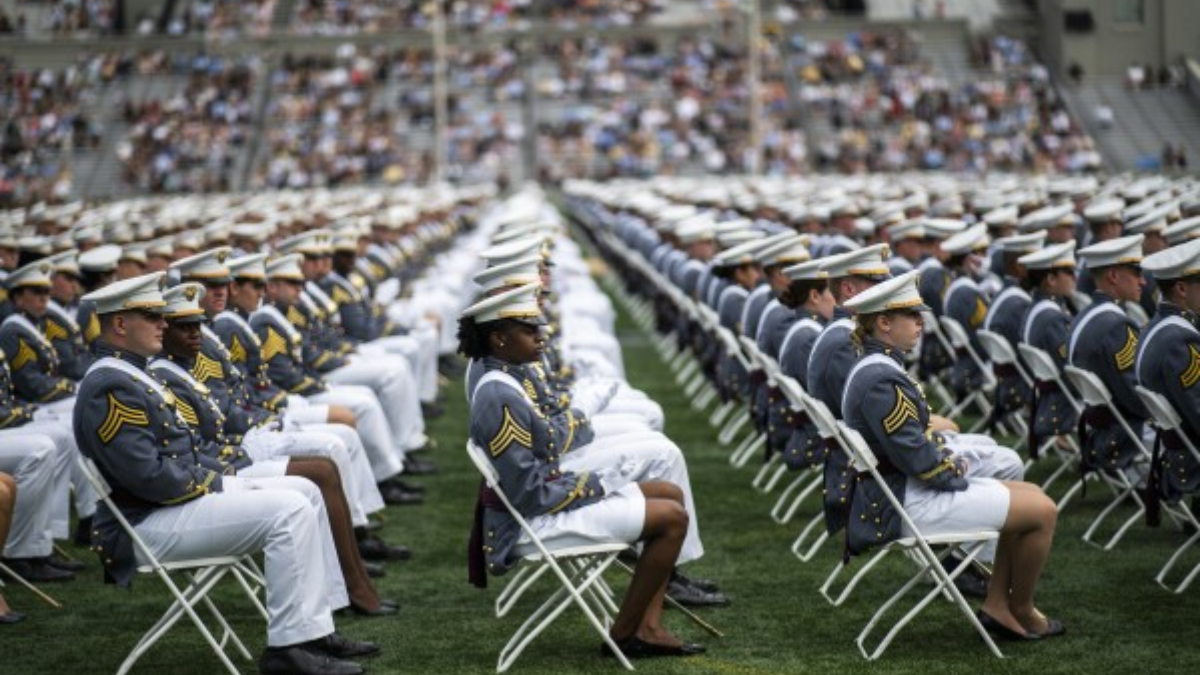The U.S. Military Academy at West Point has recently disbanded student clubs that focus on gender and racial identity, a move that has ignited widespread debate. While some see it as an effort to foster unity among cadets, others argue that it undermines inclusion and diversity efforts within the military institution.
Rationale Behind the Decision
West Point officials announced that clubs centered on specific gender and racial identities would be discontinued as part of a broader initiative to promote cohesion among cadets. The administration stated that the decision was intended to align with the academy’s mission of preparing future military leaders without dividing students into identity-based groups.
Supporters of the move believe it reinforces West Point’s commitment to unity and discipline, ensuring that all cadets focus on shared values rather than differences. However, critics argue that these clubs provided vital support systems and networking opportunities for underrepresented groups.
Response from Different Sides
Support for the Decision
- Advocates of the policy claim that identity-based clubs can create unnecessary divisions among cadets, which contradicts the military’s emphasis on teamwork and uniformity.
- Some military officials support the change, asserting that leadership training should focus on shared experiences rather than separate identities.
- The decision aligns with broader efforts to streamline extracurricular activities and maintain an apolitical stance within military education.
Criticism and Opposition
- Opponents, including civil rights organizations and some alumni, argue that the move diminishes the representation and support for marginalized groups.
- Many believe that clubs focused on gender and race provide crucial mentorship and community-building opportunities for cadets from diverse backgrounds.
- Lawmakers and advocacy groups have called for further scrutiny of the decision, questioning its potential impact on West Point’s commitment to diversity.
Historical Context
West Point has a long-standing history of evolving to reflect the changing demographics of the U.S. Army. Over the years, the academy has implemented various programs to support diversity and inclusion within its ranks. The removal of student clubs dedicated to gender and racial identities marks a significant shift in policy and raises concerns about how West Point will continue addressing diversity in the future.
Potential Consequences and Future Outlook
With the controversy gaining national attention, West Point officials may face increased pressure to reconsider their stance. Advocacy groups, alumni, and policymakers are closely monitoring the situation, and further legal or legislative actions could arise. Whether this move strengthens unity or stifles representation remains a point of contention.
For more updates on this issue, visit Politico.
Disclaimer – Our team has carefully fact-checked this article to make sure it’s accurate and free from any misinformation. We’re dedicated to keeping our content honest and reliable for our readers.








